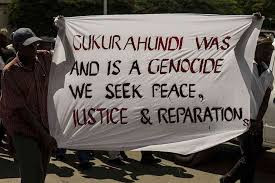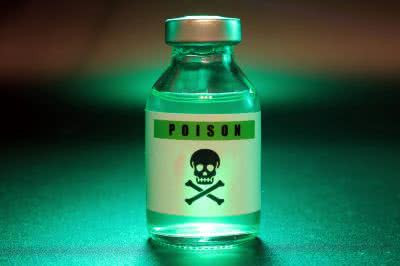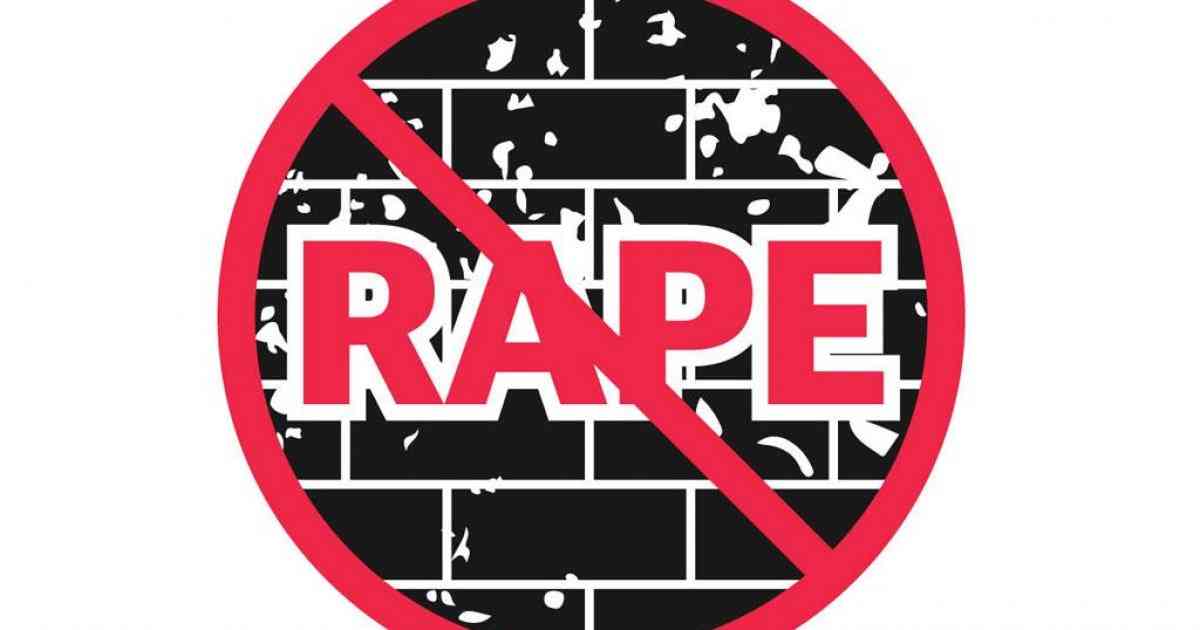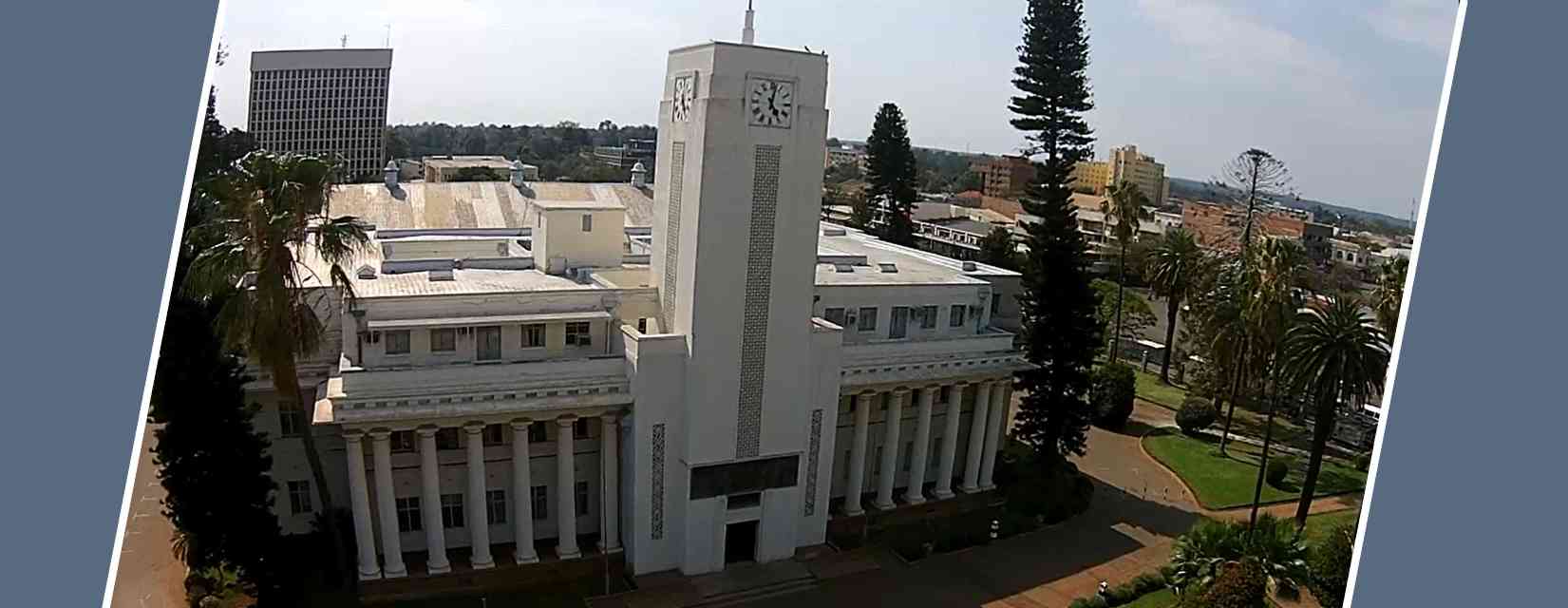
STAKEHOLDERS have said January 20 is a sad reminder of the day the late former President Robert Mugabe deployed the 5 Brigade unit in Matabeleland precipitating mass killings.
Mugabe deployed the 5 Brigade unit on January 20, 1983, in what later became one of the dark chapters in the country’s history as more than 20 000 civilians were killed during the crackdown.
The army unit, which was purged of all ex-Zipra members before deployment, went on a rampage in the region, leaving 20 000 people dead.
Ibhetshu LikaZulu secretary-general Mbuso Fuzwayo told Southern Eye that the victims are still demanding justice.
“This is a sad day, but important to the people of Matabeleland. We will always remember it as it was turning point for the country and generations to come,” he said.
“Even if the government says it is making efforts towards closure, there has never been a public apology from the perpetrator.
“There should be an account of the people who disappeared, were raped and killed.”
Zipra Association deputy spokesperson Joakim Moyo said there was no political will to address the mass killings and find closure.
- Feature: Is Auxillia following in 'Gucci' Grace's path?
- 'Gukurahundi survivors denied food aid'
- Displaced white farmers suffer major setback
- Mr President, longevity is a treasure beyond measure
Keep Reading
“There is no seriousness from those in power in trying to bring closure to the issue,” he said.
“They only want to delay it until they die, but it will backfire.
“The Gukurahundi is not yet over. There is still a lot happening showing that the agenda is still being perpetuated.”
A report by the Catholic Commission for Justice and Peace in Zimbabwe revealed that at least 20 000 people were left dead as Gukurahundi ranged across Matabeleland and Midlands provinces.
President Emmerson Mnangagwa last year appointed traditional leaders to lead public hearings into the massacres.
The public hearings have not started due to lack of funding, with critics saying there is lack of political will.
Mugabe never apologised for the mass killings, which he only acknowledged as “a moment of madness”.









